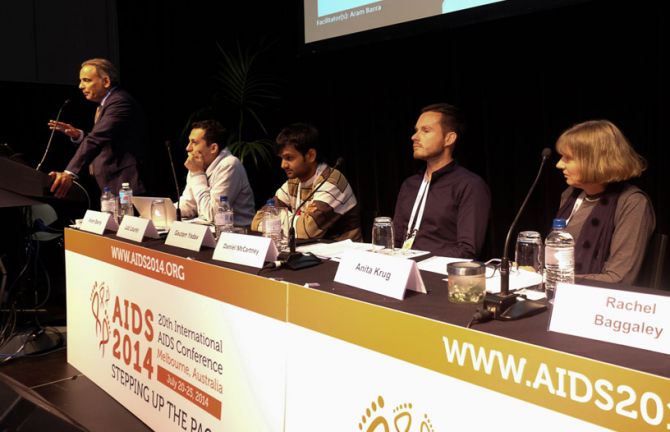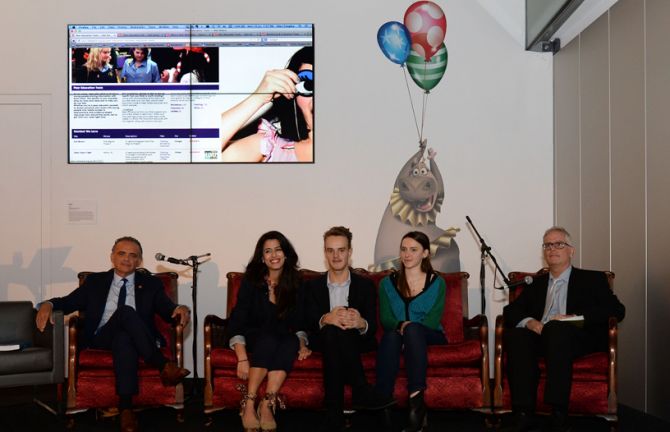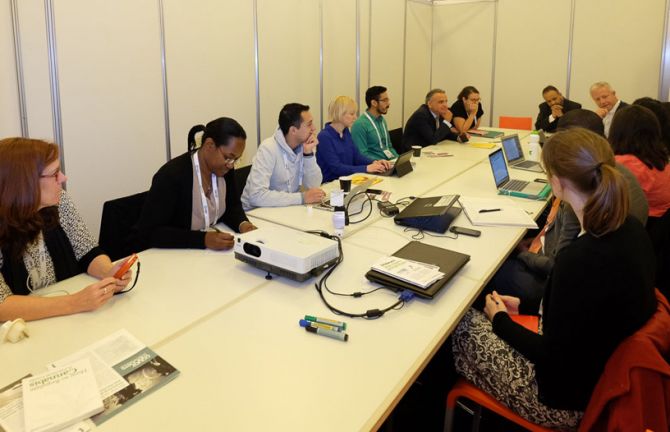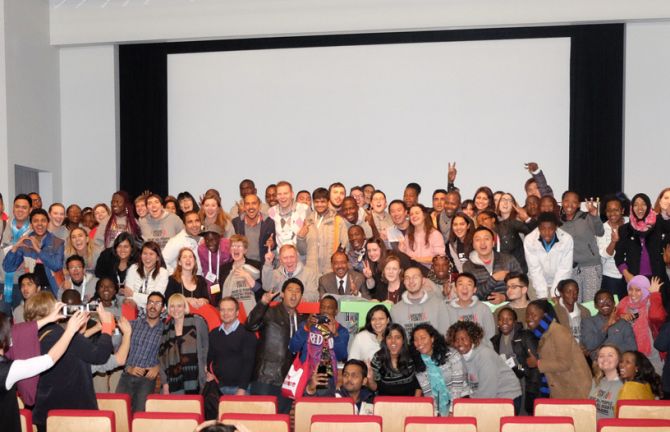





Update
Challenging parental consent laws to increase young people’s access to vital HIV services
23 July 2014
23 July 2014 23 July 2014There remain serious challenges in reaching the world’s adolescents with HIV, sexual and reproductive health and harm reduction services. The situation is especially worrying given that this is the only age group in which AIDS-related deaths are increasing, and AIDS-related deaths are the number two contributor to global adolescent mortality.
A session at the International AIDS Conference in Melbourne, Australia, on 23 July explored one of the key barriers preventing young people from accessing interventions: the need for parental consent before they are allowed to benefit from services such as HIV counselling and testing and needle–syringe programmes. The session heard that in sub-Saharan Africa, for example, at least 33 countries had age-based or other specific criteria for consenting to HIV testing and counselling.
While acknowledging that parents, guardians and the state have an obligation to protect young people from harm, participants discussed adolescents’ evolving capacity to independently consent to accessing potentially life-saving programmes. Daniel McCartney, of the International Planned Parenthood Federation and a member of the pact for social transformation, a coalition of 26 youth-led organizations, supported by UNAIDS, presented the findings of a global online youth survey on parental consent laws and requirements at the session.
It was found in the survey that 72% of respondents said laws requiring parental consent were not a good way of involving their parents in decision-making about their sexual and reproductive health and harm reduction. Thirty-eight per cent said that they have not always been able to access relevant services without restrictions when they needed them, a situation that left them feeling discriminated against and disempowered.
Participants agreed to use the results of the survey to advocate for countries to review their policies on age-related legal, regulatory and social barriers to specific health services and to strive to ensure that young people feel empowered and in charge of their own sexual health and well-being.



